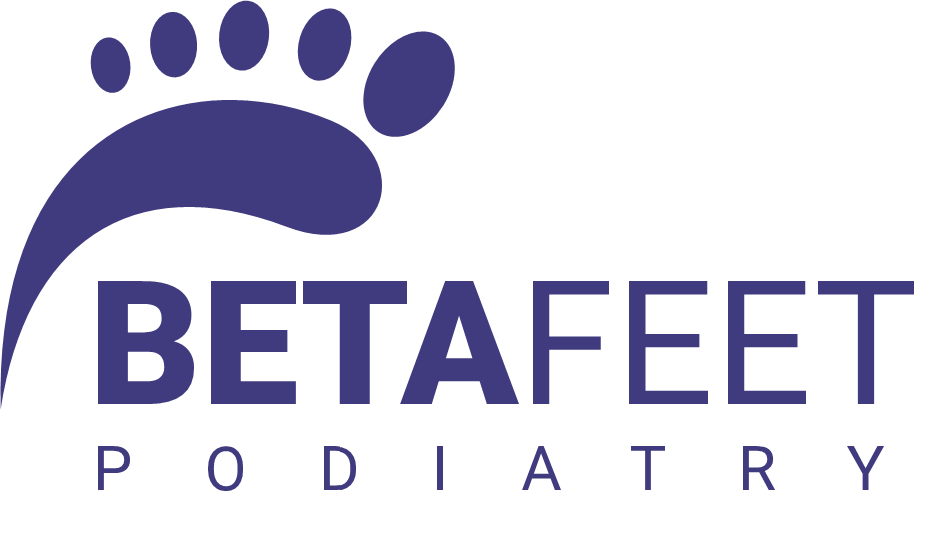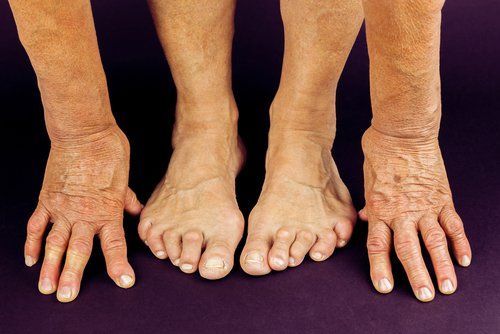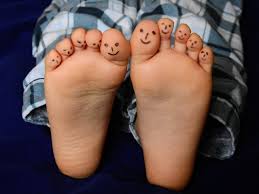Rheumatoid arthritis (RA) is an autoimmune condition, the specific cause of rheumatoid arthritis is unknown. Normally your immune system makes antibodies that attack bacteria and viruses, helping to fight of infection. With RA the immune system turns against itself, and instead of protecting the joints, it attacks healthy body tissue.
Rheumatoid arthritis (RA) is an autoimmune condition, the specific cause of rheumatoid arthritis is unknown. Normally your immune system makes antibodies that attack bacteria and viruses, helping to fight of infection. With RA the immune system turns against itself, and instead of protecting the joints, it attacks healthy body tissue.
The early warning signs of RA include:
- Extreme tiredness and lack energy or unexpected weight loss
- Unwell and feverish
- Early morning stiffness > 30 minutes
- Joint tenderness, swelling or stiffness
- Joint pain especially to the hands and feet
- History of ulcerations
Key medical aspects to explore with a suspected RA/ RA patient include:
- Raised inflammatory markers (CRP, ESR)
- Anti-nuclear antibody positive (ANA)
- Positive rheumatoid factor
- X-rays of the foot/ankle
- Referral to GP and Rheumatologist
- Pain management
- Annual Podiatry review in addition to regular treatments if required
There are several options to help manage the RA foot. These may include:
- Offloading areas of shearing or compressive forces. Based on the footwear assessment and the extent of deformity/ pathology, footwear advice/ new footwear and/or custom bracing or orthotics can be prescribed. Footwear advice about extra depth of the toe box, cushioning and flexibility of the shoe should all be provided to the patient.
More Posts






